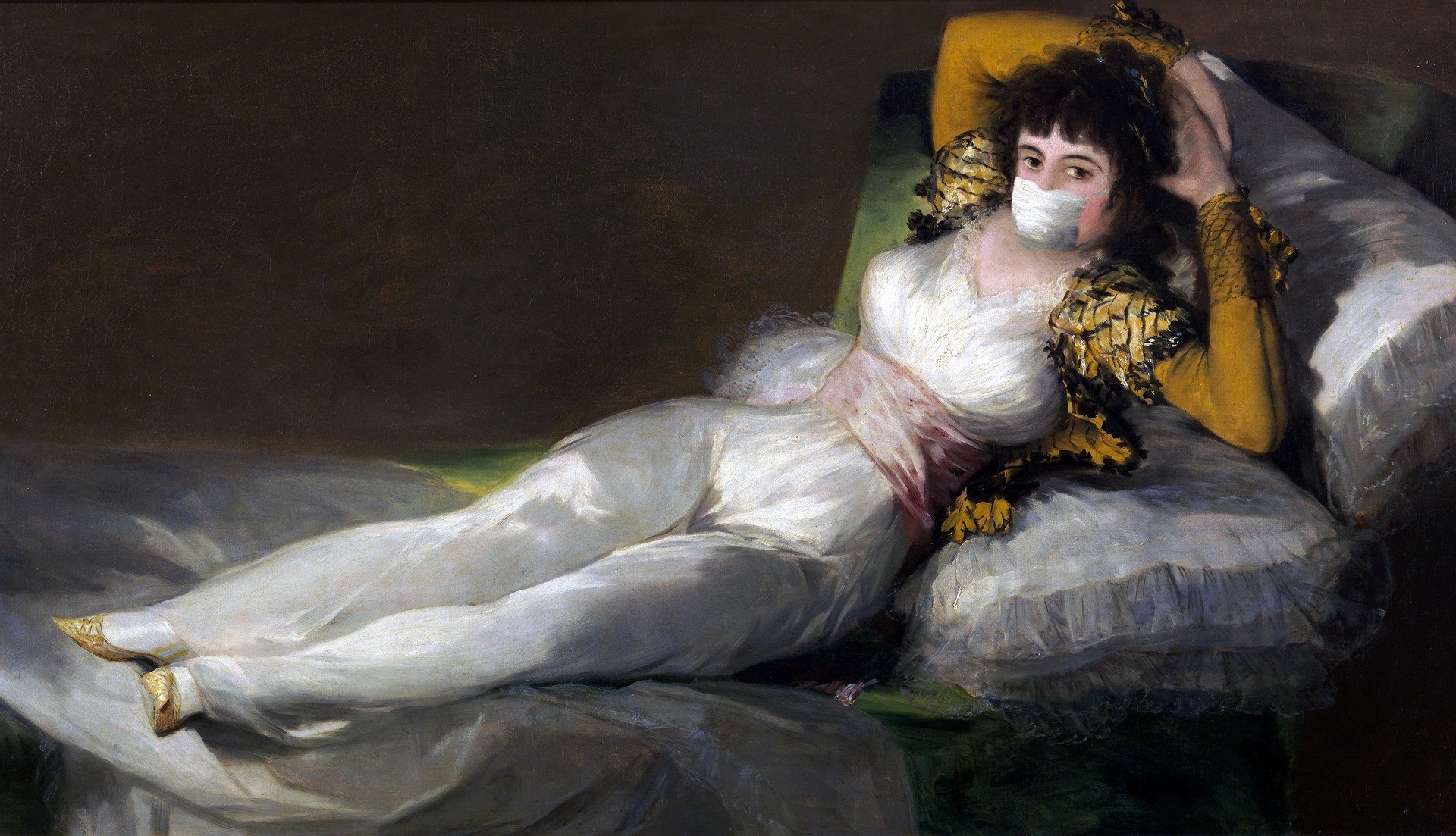March 25, 2020 NY, me and my family are on our 18th day of social distancing due to the coronavirus. None of us are sick but because of a sick teacher at my kids school, all schools in my district were closed and we were required to stay home and avoid crowds. A week after my husband joined us. A few days later, so did my State.
I did not leave the house this entire time, besides walking the dog. I am privileged to be able to schedule food deliveries which allows me to maintain social distancing. I do my best to stay safe and sane but it is not easy.
That’s my story, I am sure yours is very similar.
I am not here to talk about how bad or not my situation is, I am here to talk about my kids, and with that share some wisdom to hopefully help yours.
My children are pre-teens and teens, socializing is what kids at those ages are supposed to do. This is how they learn about life. And yet, they are now home alone. While they may text with friends, or join a few eLeaning sessions via zoom, they are still alone at home with mom, dad, and their siblings. I am no psychologist, I am an expert on screen addiction and I can tell you I am worried for this generation.
Why? you may ask. Because social isolation for kids is harmful to their health. We need to be aware of that and address it while maintaining social distancing in-order to stay healthy and avoid spreading the virus.
I am not alone with saying that. During different times the World Health Organization (WHO), United Nations, and other international bodies have recognized that “solitary confinement” is harmful to our health. They have found that these consequences are especially harmful to juveniles whose brains are still developing and those with mental health problems. In 2012, a task force appointed by the U.S. attorney general concluded that:
- “The damaging impact of incarceration on vulnerable children more obvious than when it involves solitary confinement.”
- “Juveniles experience symptoms of paranoia, anxiety, and depression even after very short periods of isolation.”
- Confined youth who spend extended periods isolated are among the most likely to be suicidal.
This is shocking and sad, and as much as the circumstances were different for solitary confinement, social distancing is currently the only tool we have to fight this virus. No one will study or change things now, so we need to be active with balancing that.
Now that I got your attention I would like to give you and your teen some tools in order to stay safe and sane during these crazy times.
Chores and the sense of accomplishment
In August 2017 Admiral William H. McRaven said in his speech to grad students:
“If you want to change the world, start off by making your bed. If you make your bed every morning, you will have accomplished the first task of the day. It will give you a small sense of pride, and it will encourage you to do another task, and another, and another. By the end of the day, that one task completed will have turned into many tasks completed. Making your bed will also reinforce the fact that little things in life matter. If you can’t do the little things right, you’ll never be able to do the big things right. If, by chance, you have a miserable day, you will come home to a bed that’s made. That you made. And a made bed gives you encouragement that tomorrow will be better.”
With our teens it’s making their beds, walking the dog, cleaning their room, maybe washing and folding their laundry, doing dishes, and other house chores you and your teen find appropriate. The sense of accomplishment, as the admiral said, will give them the encouragement they need, and let them know that life goes on, and all will eventually be OK.
Follow a daily routine
Building up on chores I would like to add a framework to all of that, and that’s called a daily routine.
Children and adults need a routine to maintain a daily structure while providing safety and comfort. Ask your teen to start the day by creating a “to-do” list, prioritize the list and break it down to tangible tasks. Sort the list based on the time of day they needed to be done and try sticking to it. Frame it with a wake-up time, add meals to it, and voilà, your teen now have a solid framework for the day.
An example for a schedule with a to-do list can be:
8:30 wake up
9am make my bed
9:30 practice playing my guitar
10:30 join eLearning session
12pm reading
1pm lunch
2pm finish my chores
5pm play some video games
6pm help prepare dinner
7pm some downtime before bedtime
Shower & good night!
Now, you are all set to start a good day.
Do what makes you happy
Despite restriction on certain activities there are many things your teen can do that will bring them joy. From cooking, drawing, playing with the house pet, dancing, acting silly, singing, and more. Basically anything that makes your teen feel good is welcome (excluding online games). There is evidence that engaging in activities that makes us feel good (i.e good for the soul) lower our stress and anxiety levels. Try to encourage them to include their siblings in their “dance party”, dancing together is much more fun than dancing alone.
Check-in on your thoughts
Maris Kreizman, the editorial director at Book of the Month once said “Things that are imagined are…more scary than things that are seen…:” calling her own head “the scariest place on Earth”. When sitting alone with our thoughts we may spiral out of control for no reason.
Suggest your teen to share those thoughts with someone they trust that can help put them in prospective. Maybe they just need to get it off their chest and all they need is a listening ear. If that person they want to share it is not with you under the same roof, encourage them to give them a call. Saying things out loud helps put it in prospective
Another thing I have learned is to focus changing the thought channel from negative to positive.
For example:
When a thought like “This is bad! What will happen? Where is this world heading to?” is rising, we should remind our children to recite the following “There are many capable people working on this. Looking for a vaccine, and treatment. We will go through it. Our job is to stay home and enjoy the time together”. This response helps dial down the level of anxiety which is the goal here.
By the way, parents — I encourage you to do the same, it’s better than buying more toilet paper :).

Limit news time
The more I read the news the more I feel stressed. The same is with our teens. It’s in our nature to want to know more, learn how things unfold right when they happen, and always stay connected. We cannot change how we are wired, but we should know that continuing with it will pull us down more — The more we will know won’t help us.
My advice, try to limit yours and your teens COVID-19 check-ins to three times a day.
Set a timer for 10 minutes every time you are checking the news. You will be surprised how time flies when you go down the COVID-19 rabbit-hole.
Do something for someone else
There isn’t a greater joy that knowing you made someone else happy, or helped someone else in a time of need. We can make someone happy from our own home. You can start with something simple like calling your grandparents.
Another thing I can suggest is asking your teen to bake for those that are in the front line, by that I mean the doctors and nurses that spend days and nights at the hospital helping others. You can deliver those packages with them to witness their gratitude.
Hope, gratitude, are positive feelings helping us focus on the good in our lives. Making these times pass in a more healthy way.

As I said when I started, corona times are challenging times for us all. I am not here to judge but help. There are worse situations we can find ourselves in.
I just want us to remember to pay close attention to our teens’ mental health and be there for when they need us.
I will be more than happy to hear from you how you help your teen go through those difficult times. I also want to remind you that you are not alone. There are professionals that can help you and your teen online. A quick Google search and you will find them in your community.
Wishing us all health. We will get through it!


